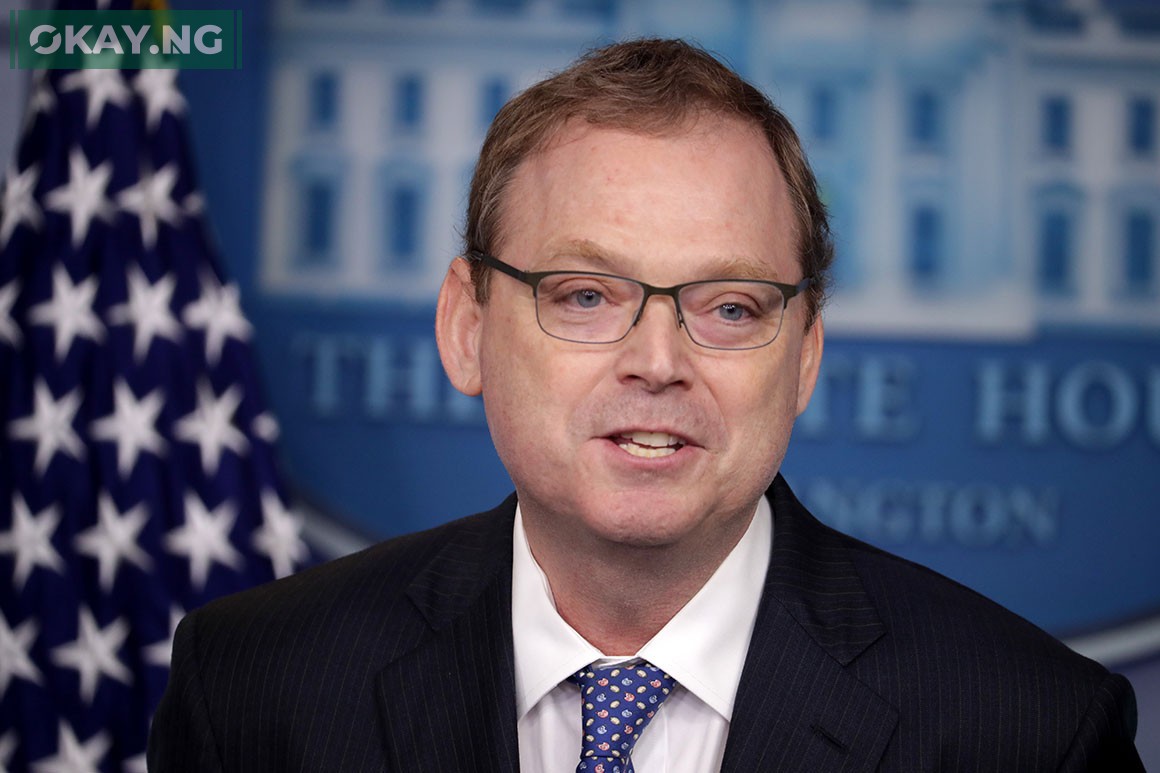A potential reprieve from renewed tariffs on Canadian goods hangs in the balance as White House economic adviser Kevin Hassett expressed optimism for a resolution to the contentious fentanyl dispute by the end of March. This development, revealed during Hassett’s appearance on ABC News’s “This Week,” introduces a sliver of hope amid escalating tensions concerning drug smuggling across the northern border.
“We launched a drug war, not a trade war,” Hassett stated, framing the president’s on-again, off-again tariff threats as a direct response to concerns over the influx of deadly opioids. This declaration, while assertive, raises critical questions about the accuracy of the administration’s claims, given that Canada accounts for a demonstrably small fraction of drug smuggling into the United States.
It’s a complex situation, and as I observe, the emotional weight of the opioid crisis is undeniable. Families across the nation have been devastated, and the urgency to stem the flow of these lethal substances is paramount. However, the data reveals a nuanced reality, one that demands a measured and accurate approach.
The ambiguity surrounding the administration’s intentions was further compounded when Hassett, in the same interview, referenced America’s “trade war,” creating a sense of confusion. This lack of clarity drew sharp criticism from Democratic U.S. Senator Adam Schiff, who labeled Hassett’s comments “incomprehensible.”
Read Also: Trump Suspends Tariffs on Canada and Mexico, Trade War Uncertainty Persists
“It’s incomprehensible,” Schiff voiced after Hassett’s appearance. The emotional implications of this dispute extend beyond mere trade; they touch upon the very fabric of public trust and the efficacy of government policy
While economic policies are often discussed in abstract terms, the repercussions of this dispute are deeply personal. Families struggling with addiction, border communities facing security challenges, and businesses grappling with potential tariffs all stand to be affected.
According to data from the Centers for Disease Control and Prevention (CDC), the majority of fentanyl entering the United States originates from Mexico and is often produced using precursor chemicals from China. This fact underscores the complexity of the opioid crisis and highlights the need for a multifaceted approach that addresses all points of entry.
The implications of this potential resolution are far-reaching. Should a successful agreement be reached, it would not only avert the imposition of new tariffs but also signal a willingness to engage in constructive dialogue on complex issues. Conversely, failure to resolve the dispute could escalate tensions, potentially leading to further economic and diplomatic strain.
As we move forward, it’s crucial to monitor developments closely and to demand transparency and accountability from our elected officials. The lives and livelihoods of countless individuals depend on it.







